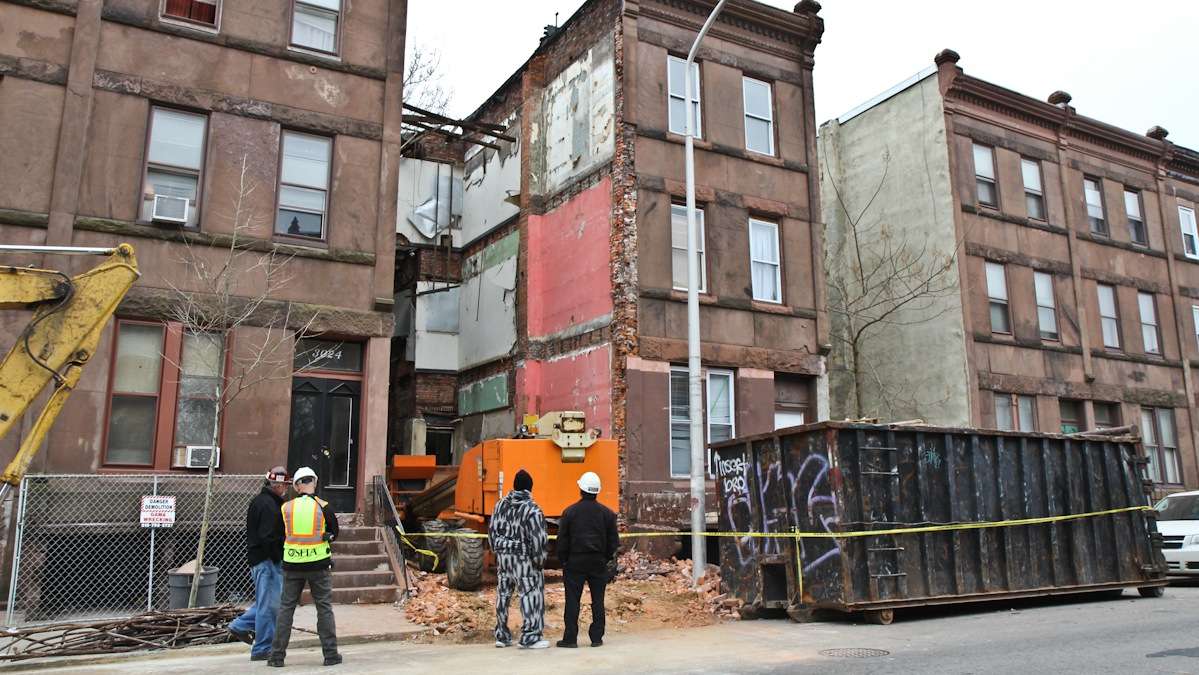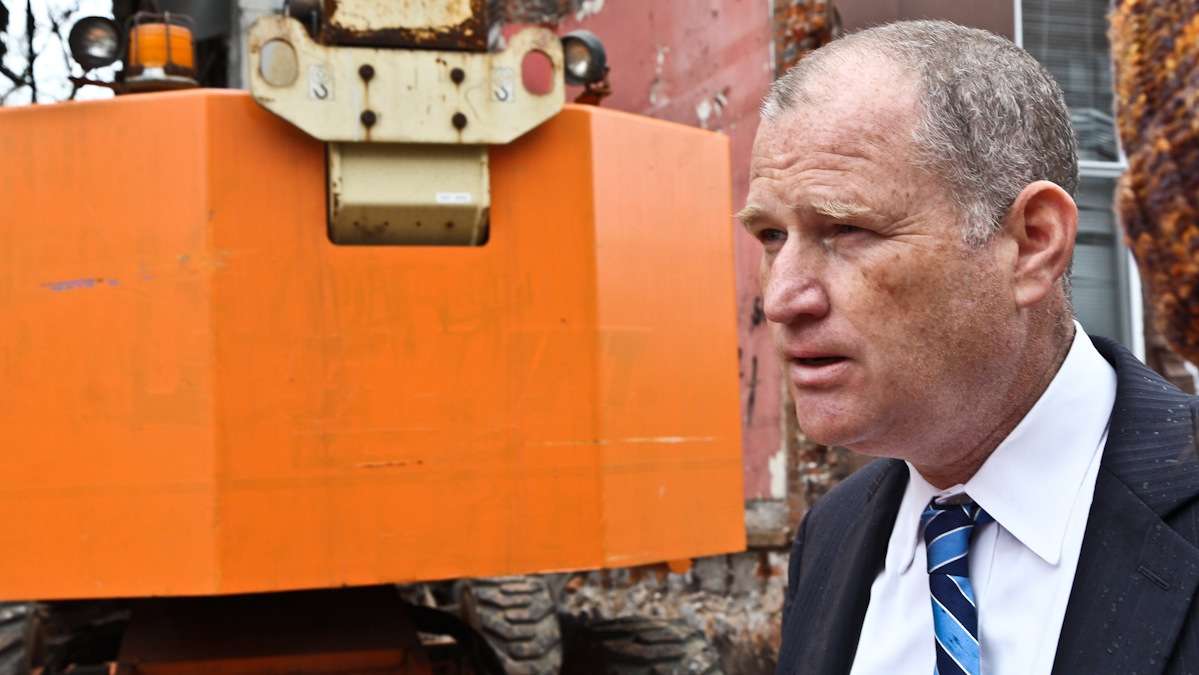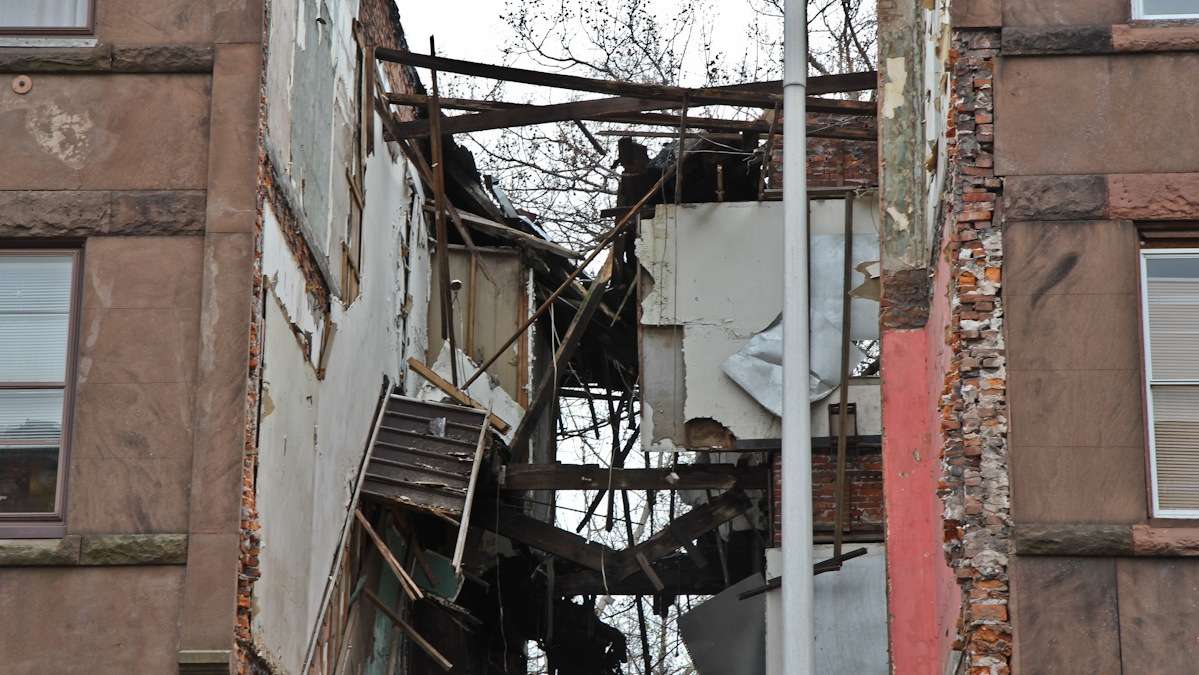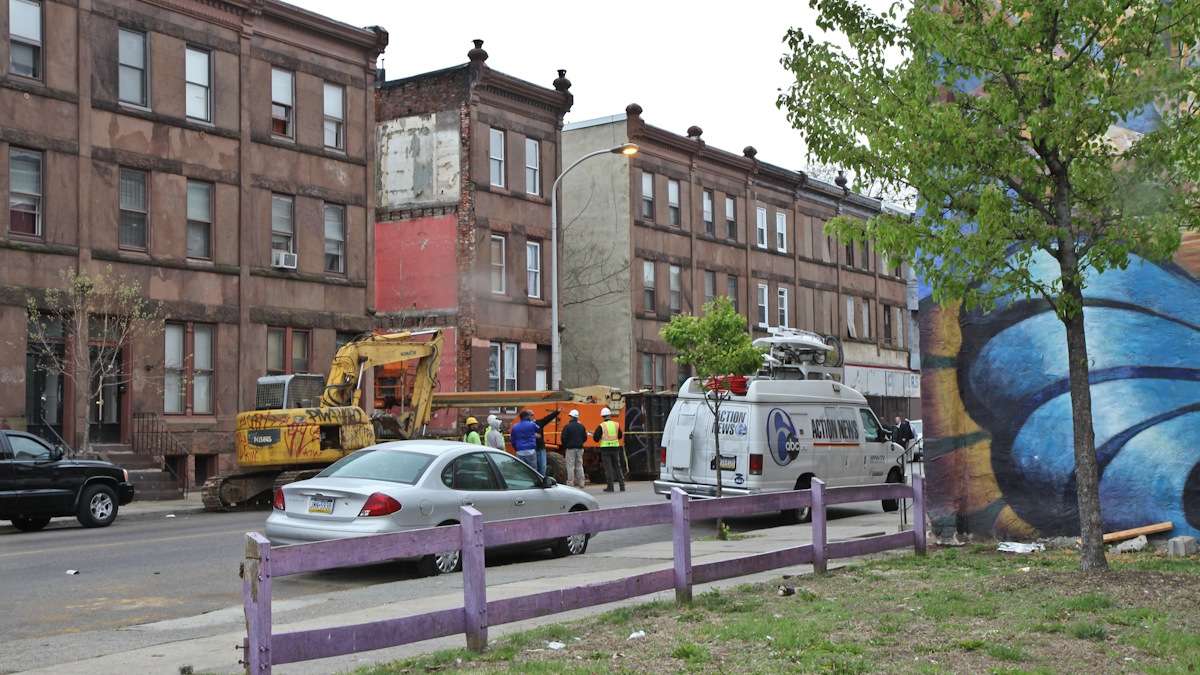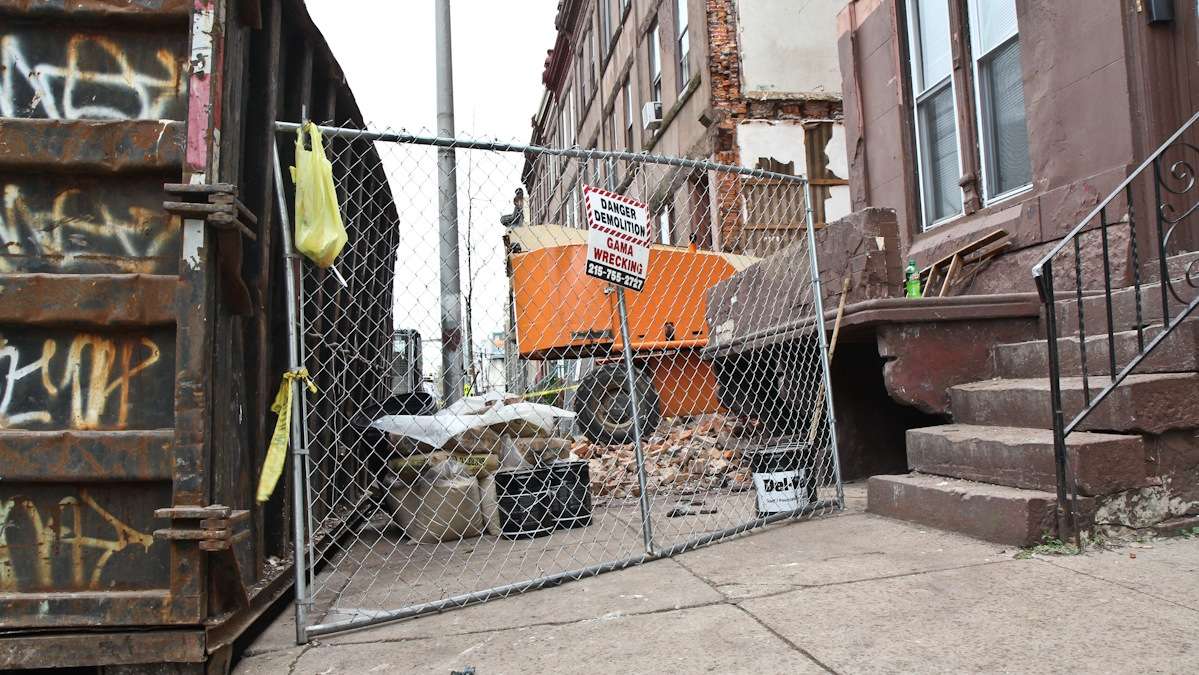School holidays and religious ignorance
ListenWhen he was campaigning for mayor of New York City, where one of eight public school students is Muslim, Bill de Blasio pledged to add Eid al-Fitr and Eid al-Adha — the two most sacred Muslim holidays — to the school calendar. So here’s a quick quiz: Can you identify and explain those holidays?
I didn’t think so. Of course New York should close its schools for Muslim holidays, as it does for Christian and Jewish ones. But it should also make sure that schools teach students of every faith about Islam, as well as about other religions.
Alas, most Americans believe — mistakenly — that the schools aren’t allowed to do that. According to 2010 survey by the Pew Forum on Religion in Public Life, over two-thirds of those polled think that public school teachers are prohibited from teaching the Bible “as an example of literature.” And over half think teachers are barred from offering a class that compares world religions.
Wrong and wrong. In its 1963 decision on Bible reading in schools, the Supreme Court made it clear that it was only prohibiting the “devotional” use of the book. Instruction about the Bible — and about other sacred texts — remained fully constitutional, so long as it was “presented objectively as part of a secular program of education.”
The case came out of Abington, Pennsylvania, where teenager Ellory Schempp had objected to Biblical readings — including the Lord’s Prayer — in his high school. As the case wound its way through the courts, Schempp and his family were ostracized and bullied. People sent letters smeared with excrement to their home, which was derided as “Commie Camp.” Behind the scenes, meanwhile, the Abington principal sent a note to Tufts University urging it to reject young Ellory. (He was accepted, anyway.)
But the Court’s 1963 ruling in Abington v. Schempp was unequivocal: The Bible could not be used as part of religious rituals in school. After that, to be sure, some schools used ostensibly “secular” Bible courses to promote religious faith. In 1967, for example, a “Bible History” instructor in Florida boasted that his course had helped recruit over 100 new members into an after-school “Youth for Christ” student club.
And just last year, a watchdog group in Texas reported that Bible classes were taught in the public schools from an evangelical Christian perspective. Some teachers presented Creation and other Biblical stories as historical facts, the report charged, rather than as the faith claims of particular religious groups.
That’s a good reason to be vigilant about enforcing the secular purpose of public schools, which should never favor one religion over another. But it’s a lousy reason to neglect religion altogether, especially at time when our need to understand it has never been greater.
Every day brings news of a bloody religious conflict, somewhere around the globe. But Americans remain woefully ignorant about world religions, including — in many cases — their own. In the 2010 Pew survey, over half of American Protestants could not identify Martin Luther as the person who started the Reformation. And nearly half of Catholics did not know that their church teaches that the bread and wine of holy Communion become the body and blood of Christ.
But Americans are probably more ignorant about Islam than about the other major world faiths. In a 2009 Gallup poll, indeed, nearly two-thirds of respondents admitted that they had “little or no knowledge” of Islam. And in another Pew survey that year, just four of 10 respondents knew that Allah is Islam’s name for God and that the Koran is its sacred text.
So I’ve got a modest proposal for Mayor de Blasio: In the same breath as he declares the new Muslim holidays, he should also announce a new city-wide initiative to teach about faith in our public schools.
He should invite clerics to visit the schools before or after religious holidays, to explain these events to students. He should call on churches, synagogues, and mosques to donate reading material about their ideas and practices. And on each religious holiday, he should require teachers to attend workshops about world faiths.
Of course, teachers who were worshipping on that day would be exempt from the requirement. And we’d also have to make sure that all of these activities presented the religions in a fair and objective manner.
That won’t be easy. But democracy isn’t, either. To live together as citizens of a nation, we need to understand each other’s fundamental assumptions and beliefs about the world. And we can’t do that without understanding religion, which remains the basic wellspring of those beliefs for many of us.
“We believe that incorporating Muslim school holidays is an educational opportunity,” the executive director of the Arab-American Association of New York said last month. She’s right. And we’ll lose the opportunity if we just let the kids out of school for two days, which lets the rest of us off the hook. Nobody should have to choose between their faith and their education, as advocates for the Muslim school holidays correctly note. But nobody should be considered educated unless they understand faith itself.
WHYY is your source for fact-based, in-depth journalism and information. As a nonprofit organization, we rely on financial support from readers like you. Please give today.


